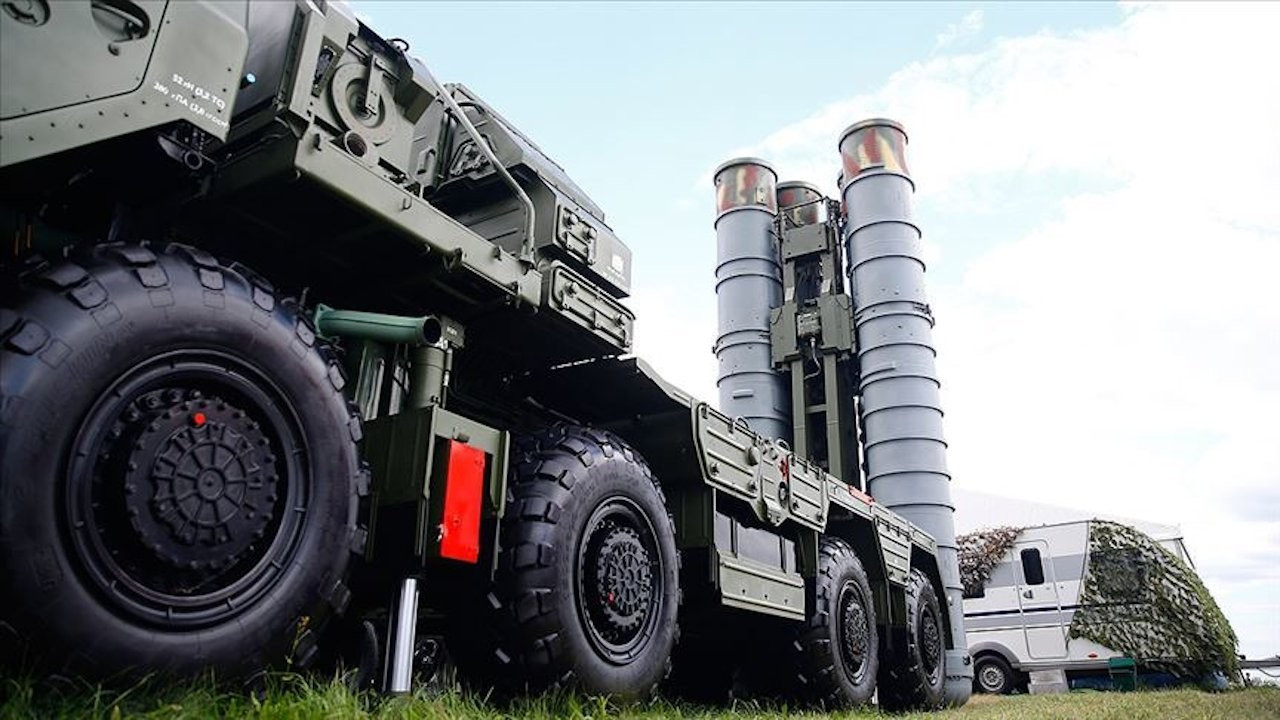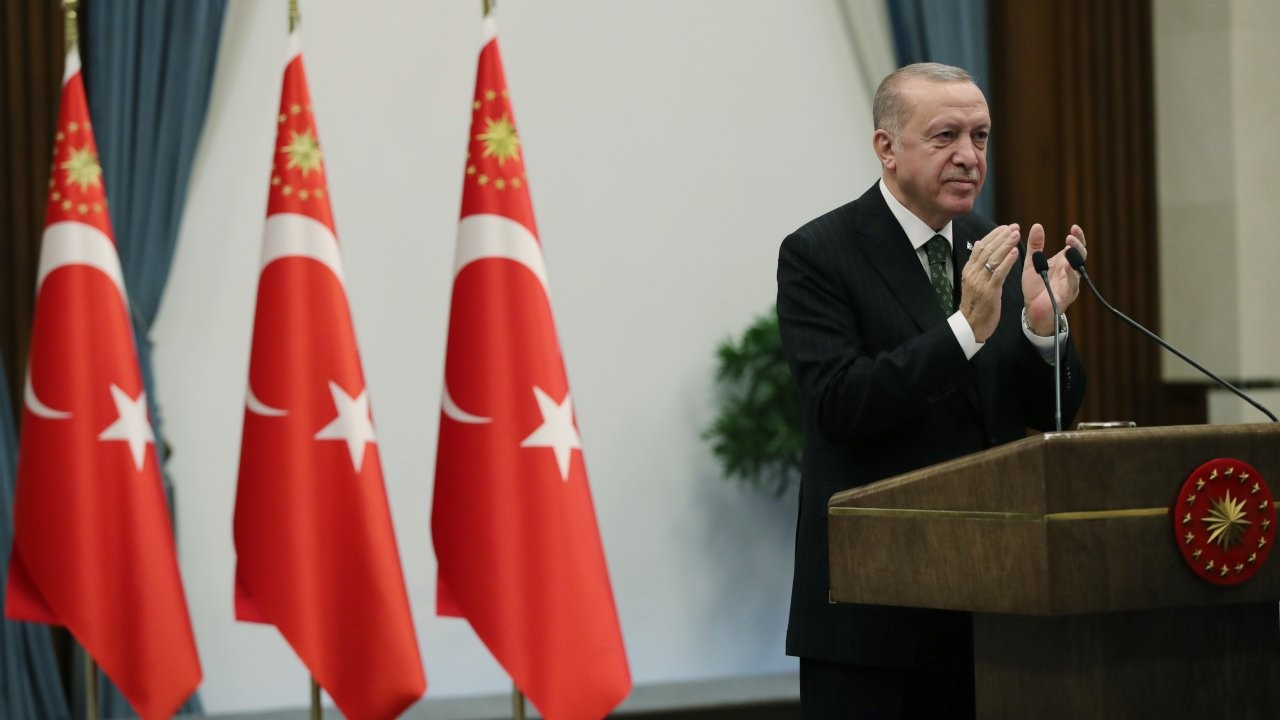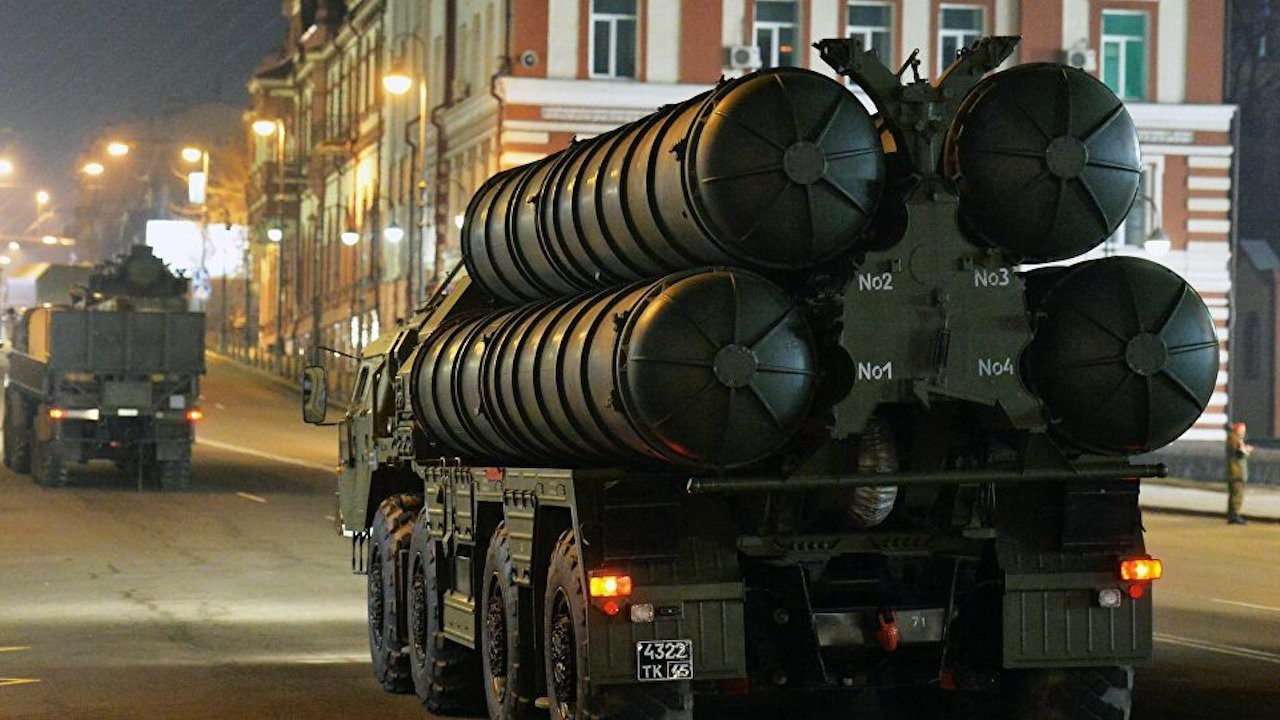US denies forming joint working group with Turkey on S-400s
The U.S. State Department has denied that Turkey and the U.S. have started talks to form a joint working group regarding U.S. sanctions imposed over Ankara's purchase of Russian S-400 missile defense systems.
Duvar English
The U.S. State Department has denied that Ankara and Washington are in talks to form a joint working group on Turkey's acquisition of the Russian S-400 missile defense system.
“There is no working group regarding CAATSA sanctions or to ‘study’ the threat posed by the S-400 system to the F-35. There are routine working-level consultations regarding the impact of the sanctions on existing military-to-military cooperation," a State Department spokesperson told Al-Monitor on Dec. 30, referring to the Countering America’s Adversaries Through Sanctions Act.
“We remain committed to the full implementation of sanctions as announced by Secretary [of State Mike] Pompeo," the spokesperson added.
The State Department's statement came after Turkish Foreign Minister Mevlüt Çavuşoğlu earlier in the day announced that the U.S. had offered to set up what he described as a joint working group on U.S. sanctions on Turkey over its acquisition of S-400s.
Speaking a day after his meeting with Russian Foreign Minister Sergey Lavrov in Sochi, Çavuşoğlu said the initial proposal had come from Ankara.
“Now the proposal came from the United States. As we naturally favor dialogue, we said yes, and negotiations began at the level of experts,” he said, while not specifying when the group first met, nor who was participating in it.
The Turkish Foreign Ministry then clarified Çavuşoğlu's remarks in a WhatsApp group with journalists, saying the minister had not said that a new working group for the S-400s had been set up with the United States but rather that “technical talks” are continuing during a year-end evaluation of Turkey's foreign policy, Al-Monitor said.
On Dec. 14, the administration of President Donald Trump sanctioned Turkey’s state defense procurement agency, known as the SSB, for “knowingly engaging in a significant transaction” with Russia’s main arms export entity under CAATSA.
Turkey has already been removed from the F-35 consortium and the transfer of the 5th generation fighter jets to Turkey has likewise been blocked. Congress has also frozen structural upgrades to Turkey’s F-16 jets and export licenses for engines that Turkey needs to complete the sale of attack helicopters to Pakistan, as first reported by the industry publication Defense News. The freeze on export licenses that the SSB is involved in was formalized in the CAATSA sanctions.
Turkey has long lobbied Washington for a working group that could address the United States’ concerns about the security risks posed by the Russian S-400s to NATO aircraft. But the United States has refused, saying Turkey had to cancel the contract. It didn’t. The batteries have arrived, though they have not yet been activated.
The 2021 National Defense Authorization Act reiterates that Turkey must give up the S-400s, scotch a second regiment and desist from purchasing further Russian kit.
In a joint news conference with Lavrov, Çavuşoğlu said U.S. sanctions against Turkey were “an act of aggression against our sovereign rights” and that Turkey would “never yield to pressure.”
Lavrov struck a similarly defiant note. “Relations between Russia and Turkey are self-sustainable and self-sufficient; they don’t depend on someone’s aggressive and hostile whims,” the Russian diplomat said.

 Turkey, US in talks to form joint working group on S-400s, sanctionsDiplomacy
Turkey, US in talks to form joint working group on S-400s, sanctionsDiplomacy Erdoğan slams US sanctions as 'blatant attack' on Turkey's sovereigntyDiplomacy
Erdoğan slams US sanctions as 'blatant attack' on Turkey's sovereigntyDiplomacy NATO urges ‘positive solution’ after US sanctions Turkey over S-400sDiplomacy
NATO urges ‘positive solution’ after US sanctions Turkey over S-400sDiplomacy